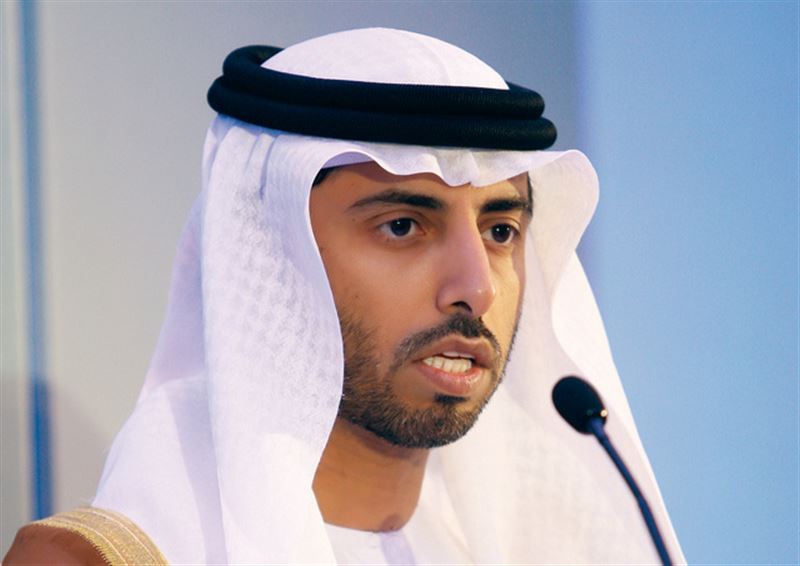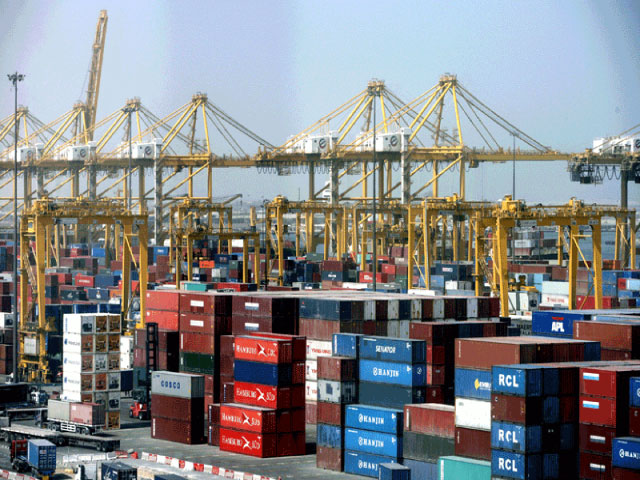Suhail Al Mazrouei, president of the Organisation of Petroleum Exporting Countries (OPEC), says increased US shale oil production will not significantly distort plans for oil market stability.
Speaking to Bloomberg in Dubai, on Monday, Al Mazrouei said the market is expected to return to balance towards the end of this year.
“Shale is coming and the expectation is that it will come stronger than in 2017, and this is something that we have to watch,” Al Mazrouei said.
“But considering all factors, I don’t think it will be a huge distorter of the market.”
Advertisement
The OPEC president, who doubles as the United Arab Emirates energy minister, also said an increase in demand for crude inventories along with “compliance with output cuts” will cushion oversupply in the global oil market in 2018.
“What concerns us today is the level of inventories that we need to achieve the five-year average, and I see the market going in that direction and achieving balance,” he said.
“How long it will take depends on how long the increase in shale production will take.”
Advertisement
“Demand for this year is expected to be good, if not better than 2017,” Al Mazrouei continued.
“This, together with good economic indicators and compliance with output cuts, indicate that the crude market will balance within the year.”
In 2016, OPEC had to reach an agreement with non-member countries to reduce crude supply to the global oil market to maintain balance.
But in its monthly oil market report (MOMR) for February 2018, OPEC said crude oil futures lost around six dollars per barrel between the end of January and the first week of February.
Advertisement
The report pointed to turmoil in global equity markets, rise in US dollar rates and surge in US production as “concerns” in the decline of oil prices.
Mohammad Barkindo, OPEC’s secretary-general, had also said to achieve oil market stability, the cooperation between OPEC and non-OPEC member countries should be institutionalised.
Add a comment






